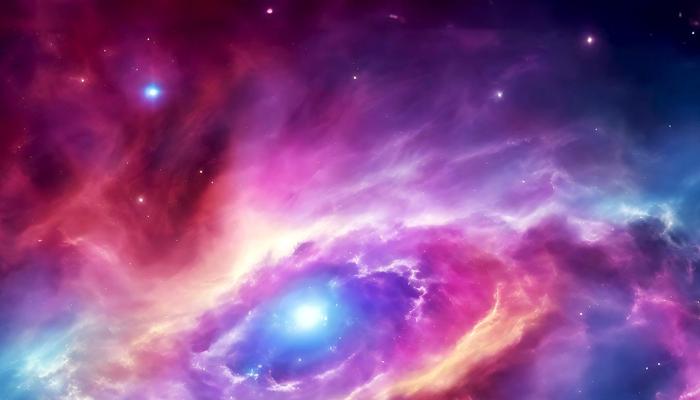Delve into 7 Surprising Ways the Universe Is More Complex Than We Thought. Explore dark matter, quantum entanglement, the multiverse, cosmic inflation, fine-tuning, the Hubble constant, and the nature
of time. Discover the mind-boggling mysteries of the cosmos!
Namaste readers! For centuries, we humans have gazed at the stars, trying to understand the vast cosmos. We've made incredible progress, developing theories like relativity and quantum mechanics. But the more we learn, the more we realize just how much we don't know.
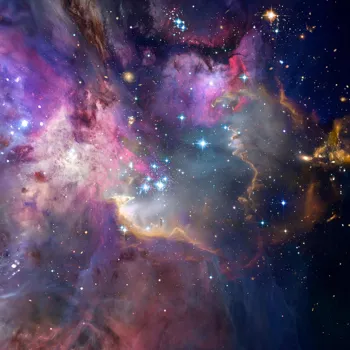
The universe keeps throwing curveballs, revealing layers of complexity we never imagined.
Let's explore seven surprising ways the universe proves to be far more intricate and mind-boggling than we initially believed, keeping in mind it should be something you can share with your family without discomfort.
The Enigma of Dark Matter and Dark Energy
Imagine adding up all the stuff you can see in the universe: stars, planets, galaxies, even dust clouds. Now, imagine that total is only a tiny fraction – a mere 5% – of what's actually out there! That's the shocking reality.
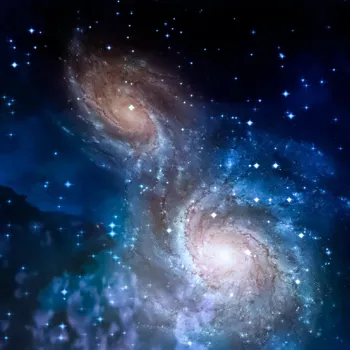
The rest is made up of dark matter and dark energy, mysterious substances we can't directly observe. Dark matter, making up for about 27%, reveals its presence through its gravitational effects on visible matter, preventing galaxies from flying apart.
Dark energy, on the other hand, constitutes approximately 68% of the universe and drives its accelerating expansion, something scientists are still trying to comprehend the true reasons for accelerated space expansion.
Understanding these “dark” components is arguably the single biggest challenge facing modern cosmology.
Quantum Entanglement: Spooky Action at a Distance
Einstein famously called it "spooky action at a distance," and quantum entanglement remains one of the most bizarre and fascinating phenomena in quantum mechanics. When two particles become entangled, their fates are intertwined regardless of the distance separating them.
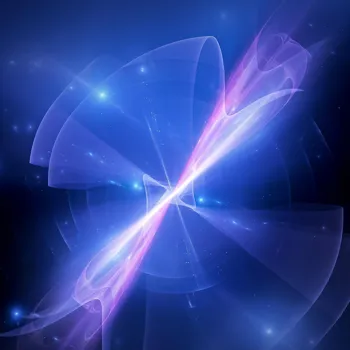
If you measure a property of one particle, you instantly know the corresponding property of the other, even if they're light-years apart. It's as if they’re communicating faster than the speed of light, which is a big no-no according to Einstein's theory of relativity.
While entanglement doesn't allow for faster-than-light communication (information), its implications for quantum computing and our understanding of reality are profound. Think of the implications in technology!
The Multiverse: Are We Alone? Maybe Not!
Our universe seems vast, but what if it's just one of many? The multiverse theory suggests that our universe is merely one bubble in a frothing sea of universes, each with its own set of physical laws and constants.
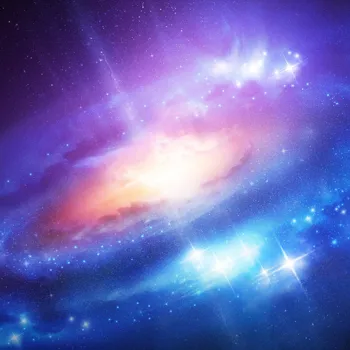
Some universes might be governed by vastly different rules, while others might be almost identical to ours. There's no way to directly observe these other universes (at least, not yet), so the multiverse remains firmly in the realm of theoretical physics.
Still, the idea challenges our sense of cosmic uniqueness and raises profound questions about the nature of reality. The sheer size of the universe is mind boggling in itself!
Cosmic Inflation: A Super-Fast Beginning
The Big Bang theory describes the universe's explosive birth, but it doesn't explain everything. Cosmic inflation, a period of extremely rapid expansion in the very early universe, helps fill in the gaps.
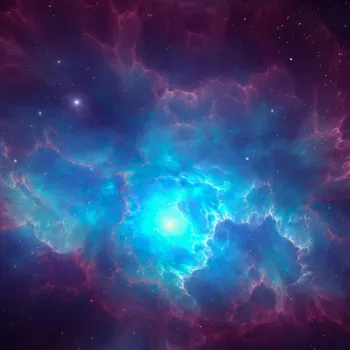
In a fraction of a second, the universe expanded exponentially, smoothing out its initial wrinkles and seeding the large-scale structures we see today.
Inflationary models are remarkably successful at explaining many observed features of the cosmos, but the precise mechanism that drove inflation remains a mystery. Imagine an exponentially rapid expansion in a fraction of a second!
The Fine-Tuning Problem: A Universe Made for Us?
The universe seems remarkably well-suited for life. The fundamental constants of nature, like the strength of gravity and the mass of the electron, appear to be finely tuned within a very narrow range.
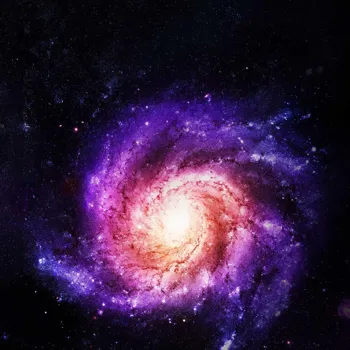
If these constants were even slightly different, stars might not form, atoms might not be stable, and life as we know it wouldn't be possible.
This "fine-tuning" has led some to suggest that the universe was designed for life, while others propose that it's simply a matter of cosmic chance or that different universes have different constants.
The Hubble Constant Tension: A Cosmic Disagreement
The Hubble constant measures the rate at which the universe is expanding. However, different methods of measuring the Hubble constant give conflicting results.
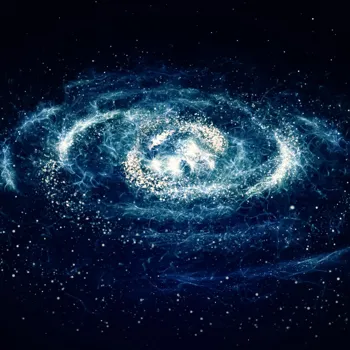
Measurements based on the cosmic microwave background (the afterglow of the Big Bang) disagree with measurements based on observations of nearby supernovae. This discrepancy implies that there are perhaps some unknown physics affecting these measurements.
It might point to a deeper misunderstanding of the universe's evolution, indicating that our understanding of cosmic expansion is perhaps a little off.
The Nature of Time: Is It an Illusion?
We experience time as a linear progression, flowing from past to present to future. But physics suggests that time might not be so straightforward. Einstein's theory of relativity showed that time is relative, with its passage depending on an observer's motion and gravitational field.
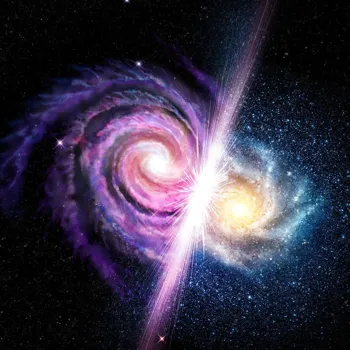
Some physicists even propose that time is an illusion, a product of our perception rather than a fundamental aspect of reality. The challenge of reconciling our subjective experience of time with the objective laws of physics is one of the deepest mysteries in science.
